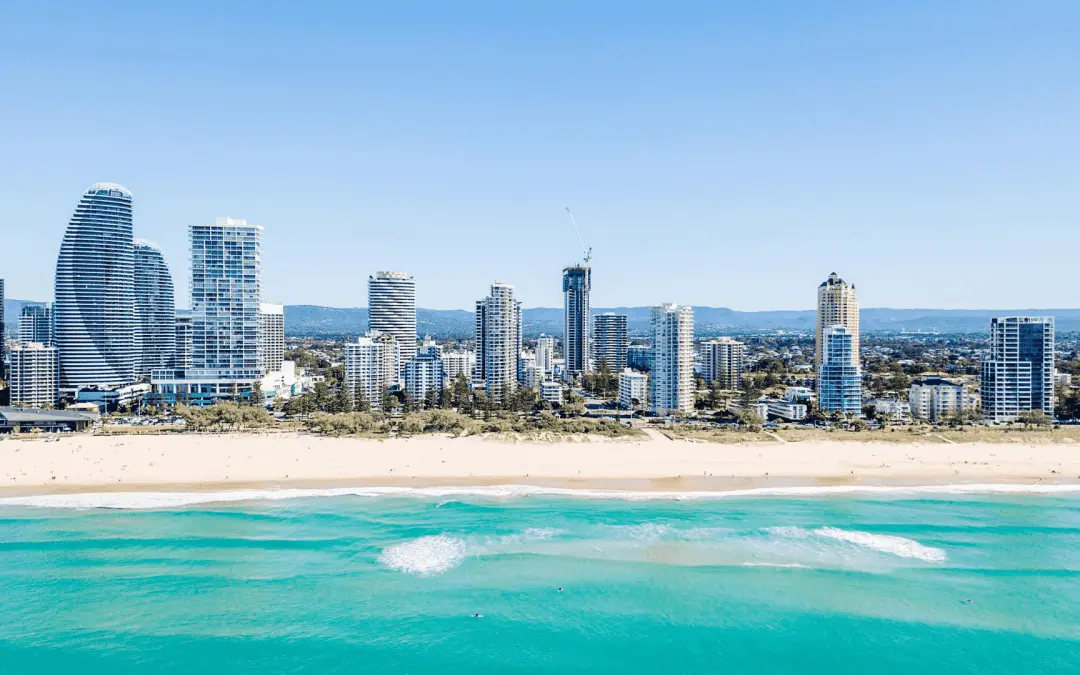Immigration
UK Visa Types: The Different Immigration Routes to the United Kingdom
By
There are different immigration routes to the U.K., depending on the purpose of your stay, from visiting the country for a holiday to undertaking a course of study. It could also be for starting a new job, business, or life with loved ones.
The correct visa not only grants you legal entry into the United Kingdom but also determines the duration of your stay and the activities you can perform under your visa conditions, such as employment or education.
This article will discuss the different immigration routes to the U.K.!
What is the U.K. Visa?
The U.K. visa is a legal status and document that allows an individual from anywhere in the world to temporarily or permanently reside in the country.
You will need a U.K. visa to enter, stay, work, or study in the U.K. There are many different immigration routes to the U.K., which means you are open to various types of U.K. visas!
Visas can take the form of either a stamped endorsement in your passport or a document issued by a U.K. embassy or consulate in your home country.
Many different categories of visas will apply to other groups of people, depending on the reason they want to travel to or stay in the U.K. and their circumstances.
The various reasons why someone may seek a U.K. visa, including:
- Employment or business opportunities
- Education or training purposes
- Short-term visits for tourism or other reasons
- Reuniting with family members who are already residing in the U.K.
- Transiting through the U.K. en route to another destination
- Permanent settlement
- Seeking refuge or humanitarian protection
- Being stateless
- Needing permission to remain in the U.K.
Types of U.K. Visa
Partner Visa
A Partner Visa can be relevant for a spouse, civil partner, fiancé, unmarried, or same-sex partner. This type of visa will allow applicants to join their loved ones in the U.K.
Holding the applicable partner visa will enable you to enter or stay in the U.K. for as long as you are in a civil partnership with an individual who holds the U.K. settled status.
Your partner must be a British national, have settled in the U.K., or be from the E.U., Switzerland, Norway, Iceland, or Liechtenstein, and have pre-settled status.
This means you legally reside in the U.K. with no time limit for your stay.
Visitor Visa
Visitor or tourist visas are short-term visas (generally no longer than six months) that allow visitors to come to the U.K. for short stays, tourism, and similar purposes.
With this visa, you cannot work in the U.K. You need to prove that you will leave the U.K. at the end of your visit.
Also, you must demonstrate that you can financially support yourself and any of your dependents during your stay in the U.K. If you need to visit the U.K. regularly, you can apply for a long-term Standard Visitor visa, which lasts 2, 5, or 10 years.
The regular U.K. visitor visa can be used for a variety of things, such as:
- Visiting family and friends
- Visiting the United Kingdom as a tourist
- Obtaining private medical care
- Getting married in the U.K.
- Registering your marriage in the U.K.
U.K. Family Visas
This visa is for people with family members working and residing in the United Kingdom who want to join them as their dependents for more than six months.
You may be eligible for a U.K. family visa if you want to live with your spouse or partner, child, parent, or relative who will look after you long-term.
U.K. Transit Visas
If you’re passing through the U.K. in transit, which means you’re passing through on your way to another country, you might need a transit visa. To get a transit visa:
- You must be in transit to another country with sufficient cash and the intent to continue traveling
- You’re able to prove you can enter that country
- You’re able to show that your visit to the U.K. is solely for transit
The ability to show that you must pass through the U.K. in transit frequently for more time means you can apply for a long-term visit visa.
Each visit is limited to 48 hours, and your passport is valid for two, five, or ten years. You can get a direct airside transit visa or a visitor-in-transit visa, depending on whether you pass through immigration.
Student Visa
International students who wish to come to the U.K. to study may need to apply for this type of visa. Student visas depend on whether the student is a child or adult or an individual coming only for a short period.
When applying for a student visa, you need to make your eligibility as straightforward as possible, making it easier for the Home Office to grant your application.
U.K. study visas include:
- Student visa
- Child Student visa
- Study English in the U.K. (Short-term study visa)
Business Visas
Business Visas allow individuals to join the U.K. as investors, innovators, or global business mobility workers.
Some business visa routes offer the representatives the opportunity to gain Indefinite Leave to Remain in the U.K., also known as Permanent Residence, through the 5-year route.
In the U.K., employers are responsible for ensuring each employee has the right to work with supporting documents.
Before they commence, They must also prove they have the applicable visa (or proof of successful business visa application). This will typically include your visa or evidence of successful business visa application.
An extensive selection of business visas is available, so ensure you apply for the most relevant and applicable visa for yourself, your circumstances, and your business situation.
- Innovator visa
- Start-up visa
- Global Talent visa
- Investor visa (Tier 1)
Work Visas
Depending on their circumstances, individuals coming to the U.K. for work may need to apply for a specific Work Visa. There are many types of visas in this category; which one applies to you will depend on your activity and why you are coming to the U.K.
In the U.K., employers are responsible for ensuring that each employee has the right to work, with supporting documents and proof that they have the correct documents before they commence working in the U.K.
Make sure you are prepared to show this to potential or future employers. The following work visas are available in the United Kingdom:
Long-term Work Visas
- Skilled Worker visa
- Health and Care Worker visa
- Intra-company visas
- Minister of Religion visa (T2)
- International Sportsperson visa
Short-term Work Visas
- Temporary Work – Charity Worker visa
- Temporary Work – Creative Worker visa
- Temporary Work – Government Authorized Exchange visa
- Temporary Work – International Agreement visa
- Temporary Work – Religious Worker visa
- Temporary Work – Seasonal Worker visa
- Youth Mobility Scheme visa
- Graduate visa
U.K. Settlement
You may qualify for settlement after living lawfully in the U.K. for a certain period. To be eligible, you must have the right to reside, work, or study in the country via a specified visa. Once you complete the required period, you can apply for Indefinite Leave to Remain (I.L.R.), obtaining settlement status in the U.K.
British Citizenship
British citizenship grants you lifelong permission to reside in the U.K., work, study, access benefits, apply for a British passport, and more.
Human Rights & Asylum
If you’re seeking to remain in the U.K. under the immigration and asylum system, you can make a human rights application under Article 3 or 8 of the ECHR.
Article 3 applies if returning to your home country puts you in danger of persecution, torture, or inhumane treatment. Article 8 would be used if you’ve lived in the U.K. for years and formed strong family or private ties.
Frequently Asked Questions
How long does it take to get a U.K. visa?
Visa application waiting times vary depending on the nature of your application, how complex your case is, and how many requests the Home Office has to handle at any given time.
This can range from a couple of weeks to several months. A well-presented case helps the Home Office make a decision quicker.
How much does a U.K. visa cost?
There is no unique cost for a U.K. visa, and you must check the individual fees depending on which visa you are applying for. Please note that the price will be per individual if you add dependents to your application.
You may also have to consider additional costs such as any tests required, biometrics, translation of documents, healthcare surcharge, and other expenses not part of the application fee.
Can I appeal a U.K. visa that has been refused?
If your U.K. visa application has been refused, you must act swiftly. The Home Office may reconsider, but a strong case is essential to convince them to overturn their decision.
Therefore, it is highly recommended that you work alongside immigration lawyers or an experienced team to ensure everything is done on time and your case is strong enough to change the decision.
How do you apply online for a U.K. visa?
When applying online for a U.K. visa, you must visit the GOV. U.K. website and select the correct visa. You must complete your application, pay the fee, provide evidence of support, and submit your biometric information.






